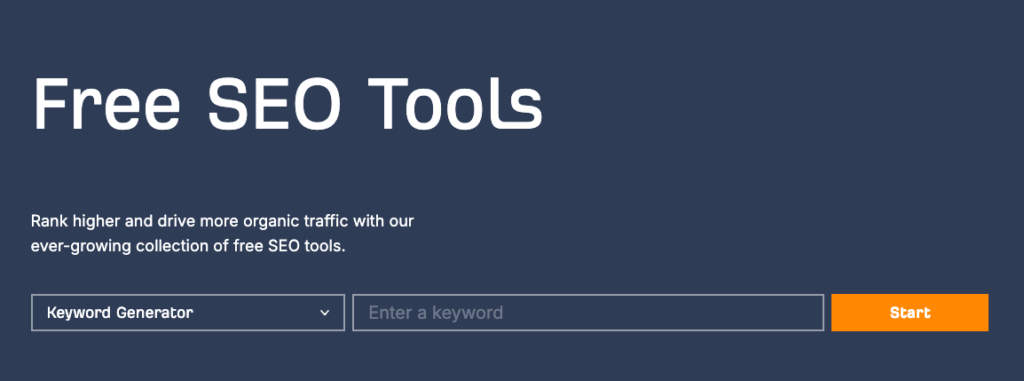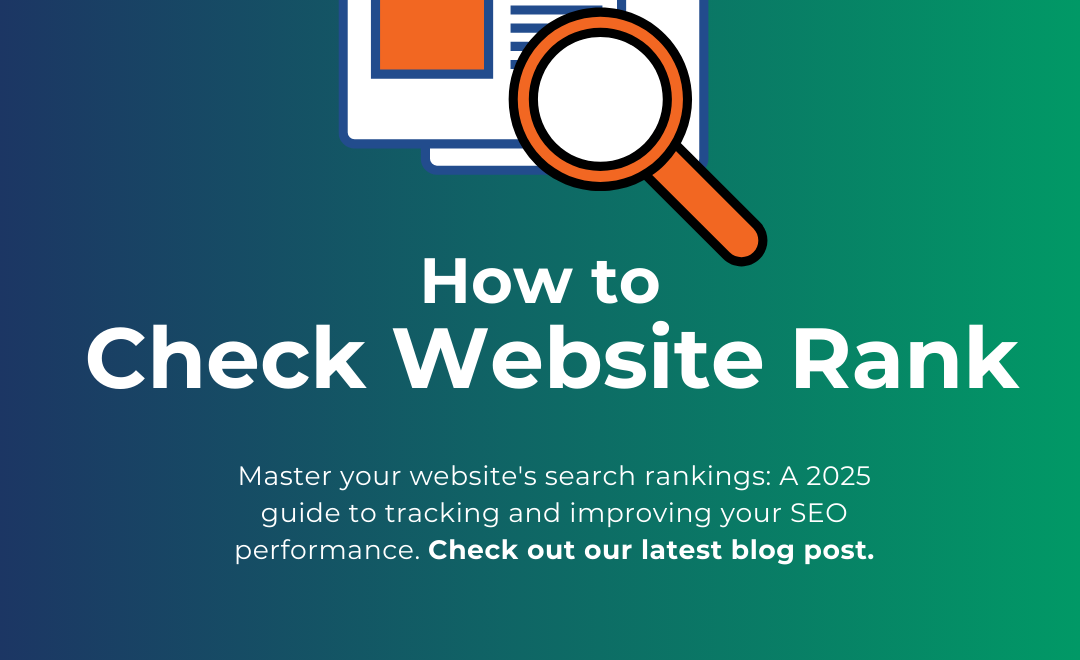Every small business owner wants their website to be seen by the right people. But how do you know if your site is ranking high enough on search engines to attract customers? More importantly, how can you improve its position? This blog provides you with a detailed guide on how to check website rank and actionable strategies to boost your search engine rankings in 2025 and beyond.
Whether you’re running a home automation business, AV installation company, or any other small enterprise, these tips will help you master your online presence.
Why Does Website Ranking Matter?
When potential customers search for your services online, they typically don’t look beyond the first page of search results. Websites listed near the top of search results get the majority of clicks, meaning the higher your website ranks for relevant keywords, the more likely you’ll attract quality visitors. Ranking well isn’t just about visibility—it’s about positioning your brand as a trusted leader in your industry.
Now, let’s jump into the strategies for checking your website rank and improving it.
How to Check Your Website Rank in 2025
Understanding where your website stands in terms of search engine positioning is the first critical step. With the advancements in 2025, the following tools and methods can provide precise and detailed data.
1. Use Google Search Console (GSC)
- Sign Up and Verify Your Site: Google Search Console is a free tool that gives you invaluable insights into your website’s performance on Google. Setting it up is quick, and it’s a must-have for monitoring rank.
- Performance Report: GSC’s Performance Report shows clicks, impressions, and average position for all the keywords your site ranks for. Use this data to evaluate where your site excels and where it needs improvement.
2. Leverage SEO Tools
Paid SEO tools provide extensive data and additional benefits, such as tracking your competition. Here are some top tools for rank checking:
- Ahrefs: Track the keywords your pages currently rank for using the “Organic Keywords” report.
- SEMRush: Use the “Position Tracking” tool to see how your rank changes over time for selected keywords.
- RankTrackr and SERPWatcher (free version): These tools are perfect for startups and smaller businesses, offering efficient rank tracking for fewer keywords.
3. Conduct Manual Searches
You can perform manual searches by typing your focus keywords into Google and seeing where your site appears. While it’s simple, keep in mind that results can vary based on location and search history, so it’s not the most precise method.
4. Browser Extensions
Install extensions like SEOquake or MozBar to check your website rank quickly during regular browsing. These tools provide instant metrics for individual pages and competitors in real time.
5. Use Integrated Dashboards
Platforms like NitroPack or MonsterInsights integrate with Google Analytics to present your rank data in accessible dashboards. These tools reduce the hassle of toggling between multiple platforms.
How to Improve Website Ranking in 2025
Now that you’ve learned how to check website rank, it’s time to focus on what matters most—climbing higher on the results page. The following strategies will provide tangible improvements to your SEO.
1. Create High-Quality Content
Your website’s content is the foundation of its success.
- Valuable Content: Make sure your content solves specific customer problems. For example, home security providers can write blogs addressing common safety concerns or product comparisons.
- Search Intent: Align your content with the intent behind keywords. Are users looking for information, or are they ready to purchase? Tailor your pages accordingly.
2. Focus on Technical SEO
Search engines reward websites that are well-structured and functional.
- Core Web Vitals: Optimize your site’s page speed, responsiveness, and visual stability.
- Mobile Optimization: Your site must be mobile-friendly to rank well, given how many users search on their phones.
- Internal Linking: Make it easier for users (and search crawlers) to find your content by linking relevant pages together.
3. Optimize for Keywords
Efficient use of keywords is still one of the most impactful SEO strategies.
- Conduct keyword research using tools like SEMRush or Ahrefs to find relevant, high-volume keywords with low competition.
- Optimize meta descriptions, headers, and content for priority phrases like how to check website rank, ensuring seamless integration without overstuffing.

4. Build High-Quality Backlinks
Backlinks serve as votes of confidence for your website.
- Publish shareable and valuable content, such as industry reports or infographics.
- Partner with complementary businesses for guest posting opportunities.
- Use PR tactics to earn mentions from reputable media outlets and blogs.
5. Enhance User Experience (UX)
Search engines want users to have a positive experience on your website. Here’s how to create one:
- Low Bounce Rates: Design intuitive navigation and provide clear calls-to-action to keep visitors engaged.
- Authentic Visuals: Include high-quality imagery optimized for SEO by using alt text.
6. Adapt to Emerging Trends
2025 brings newer priorities for SEO that weren’t as prominent in earlier years:
- Voice Search Optimization: Use conversational keywords to cater to voice assistants like Alexa or Siri.
- AI Insights: Analyze data with AI-powered tools without relying heavily on AI-generated content, as Google continues to prioritize originality.
- Visual Search: Ensure images are descriptive and include alt tags for accessibility.
7. Maintain Consistent Updates
SEO is not a one-time effort.
- Update old posts with fresh data and insights.
- Publish new content regularly, keeping your site dynamic and relevant.
Stay Ahead of Changing Algorithms
Search engine algorithms evolve continuously, and staying on top of trends is key to long-term success. While fundamentals like relevant content and strong user experience remain important, 2025 encourages businesses to think more strategically about search intent, visual search, and the usability of their platforms.
Next Steps for Small Businesses
Improving your search engine position doesn’t happen overnight, but with consistent effort and the right strategies, you’ll start seeing results. First, use tools like Google Search Console and SEMRush to identify your starting point with how to check website rank. Then, prioritize creating quality content, refining your site’s structure, and adapting to SEO trends.
For professional assistance in implementing these strategies, reach out for a tailored SEO consultation. Your website could be one simple change away from ranking higher and capturing the attention of your ideal customers!
Related Articles
Explore more insights on SEO strategies and digital marketing for small businesses:
Page Authority 101: How to Boost Your AV Business’s SEO Rankings
Local SEO Services for Small Business: A Comprehensive Guide
Unlocking Your SEO Potential: Best SEO Marketing Books For You
Further Reading
For additional insights and expert recommendations, consider these external resources:







